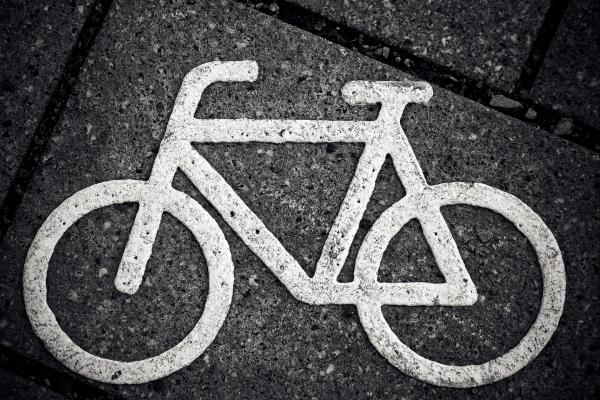The ecological footprint
Mother nature is not able to compensate all our impact on the environment.
We exhaust resources, generate greenhouse gases and produce waste. Scientists have coined human kind's impact on its environment with the pictorial term " ecological footprint".
The footprint indicates how many hectares of productive land our planet must provide to supply resources for an individual person, a company or a whole country.
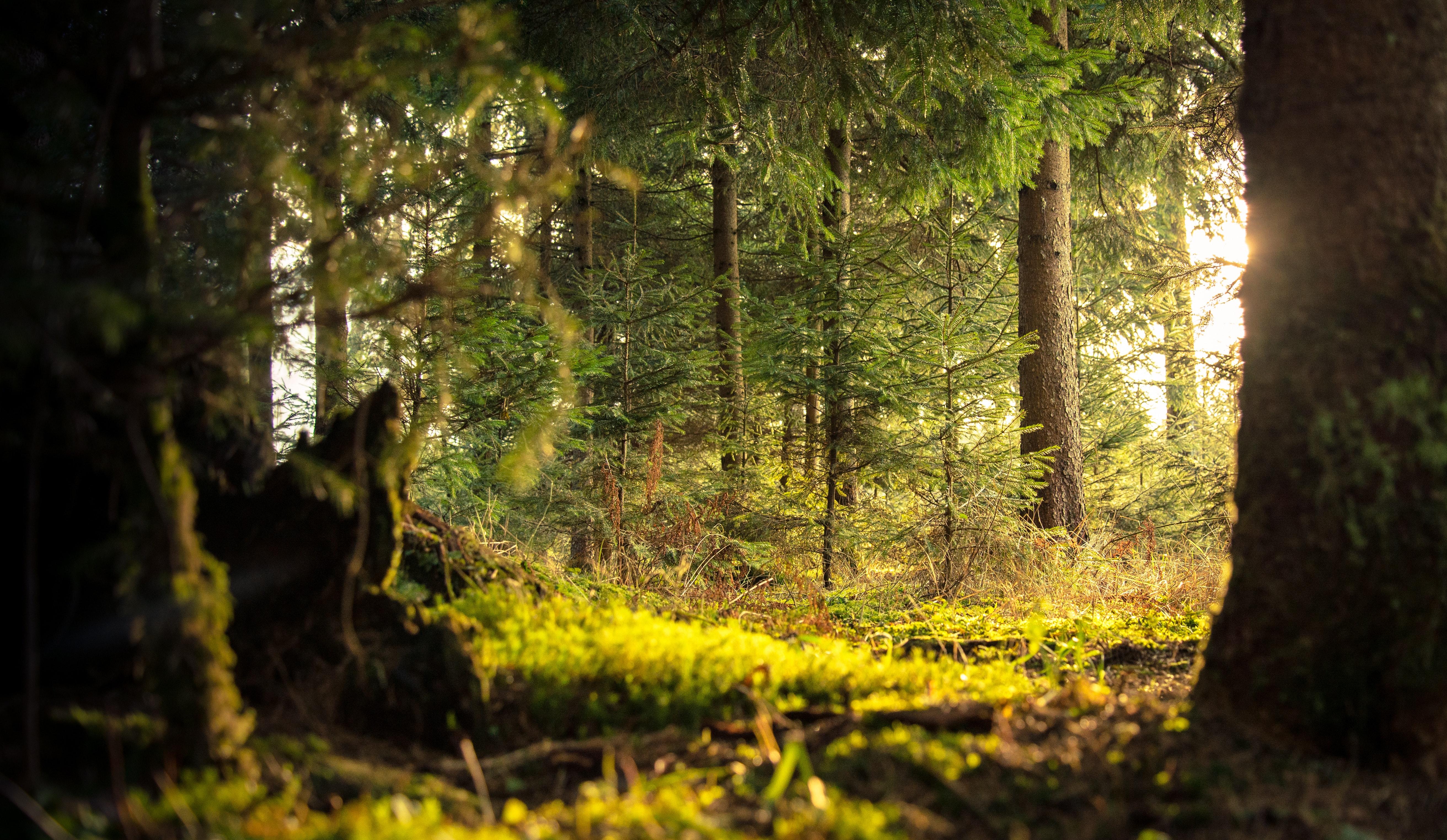
Nature's never-ending cycle
By using more resources than nature can produce and creating more waste and greenhouse gases than nature can compensate for, we are destroying nature's balance. Climate change, increasing occurrences of natural catastrophes and "global warming" are the resulting consequences.
Global warming
While the weather refers to short-term and current conditions, global warming describes our climate over a longer period. Thus defining the rise of the mean temperature of the near earth atmosphere and the oceans in the last 150 years. Aside from natural climate change, there is also the man-made climate change which according to scientists has a greater impact on the climate.
Human influence on global warming
The emission of greenhouse gases, especially carbon dioxide, results in the earth atmosphere's increasing concentration of such gases. This leads to an increased retention of infrared heat radiation in the troposphere. If less warmth is radiated out into space and the atmosphere cannot cool down, the air will remain warm.
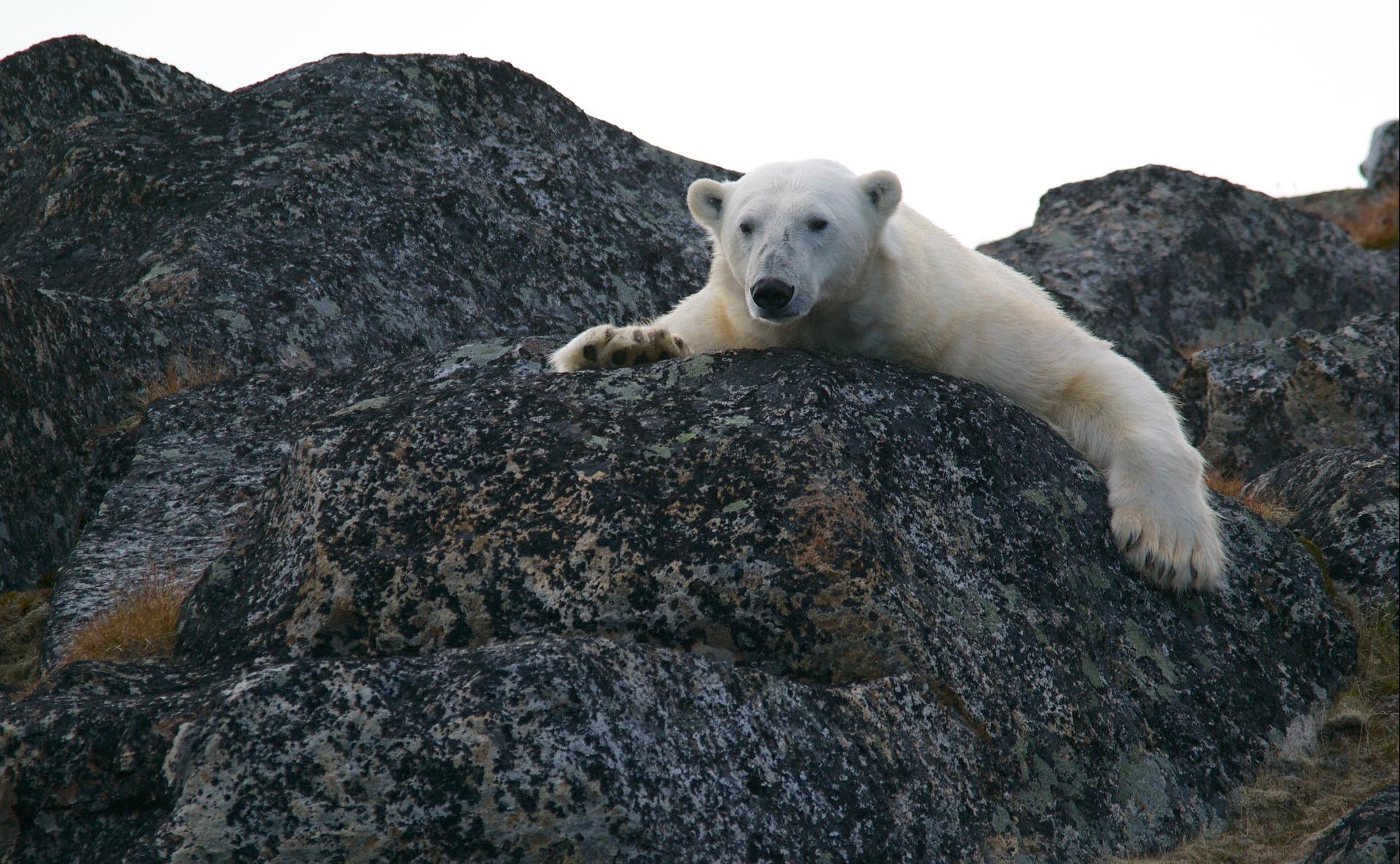
Consequences of climate change
Despite many people's vehement refusals, numerous studies confirm human kind's contribution towards climate change and its effects on our planet. Glacial melting, the sea-level rise, extreme weather, the thawing of permafrost soil and the increase of species extinction are just the tip of the iceberg.
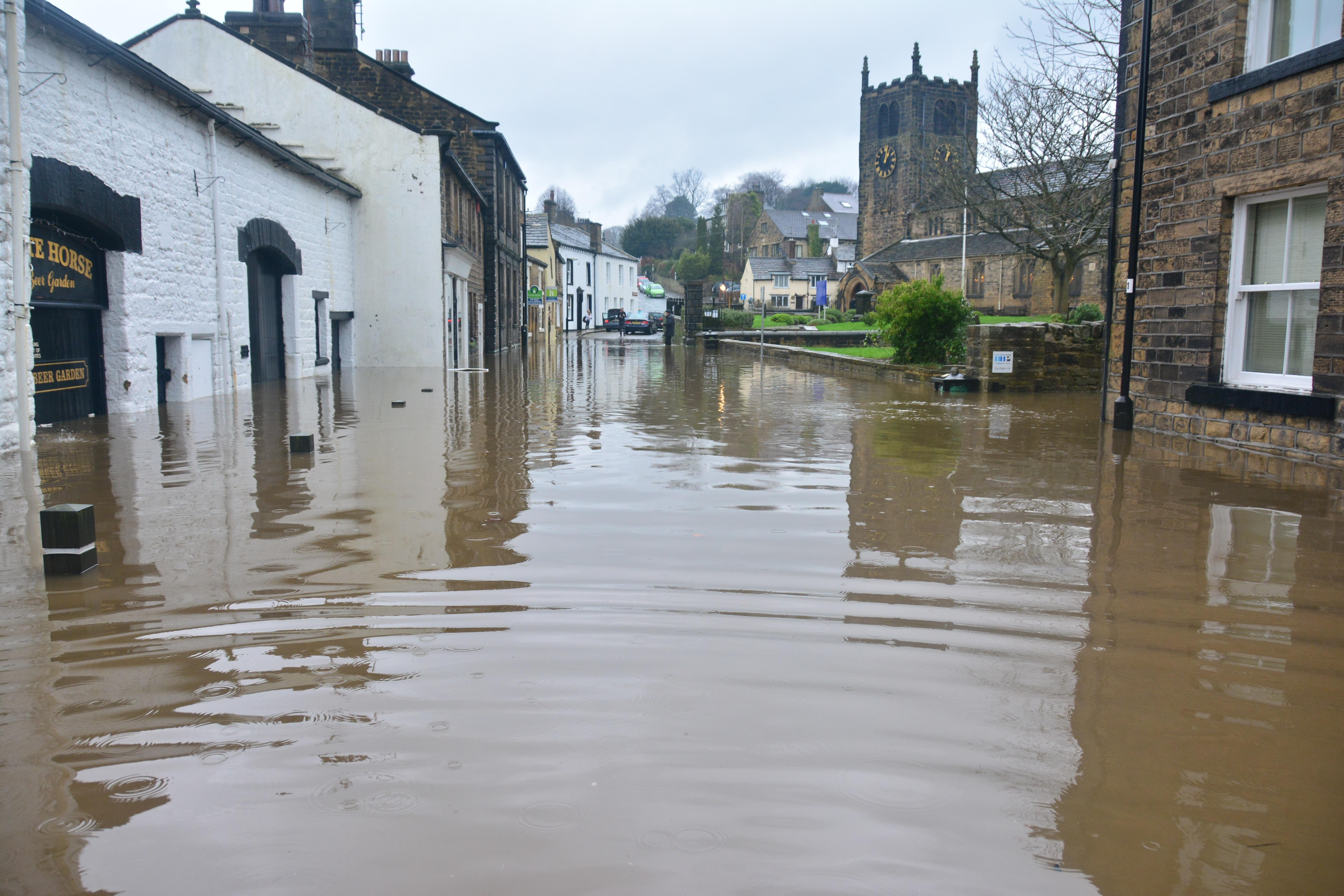
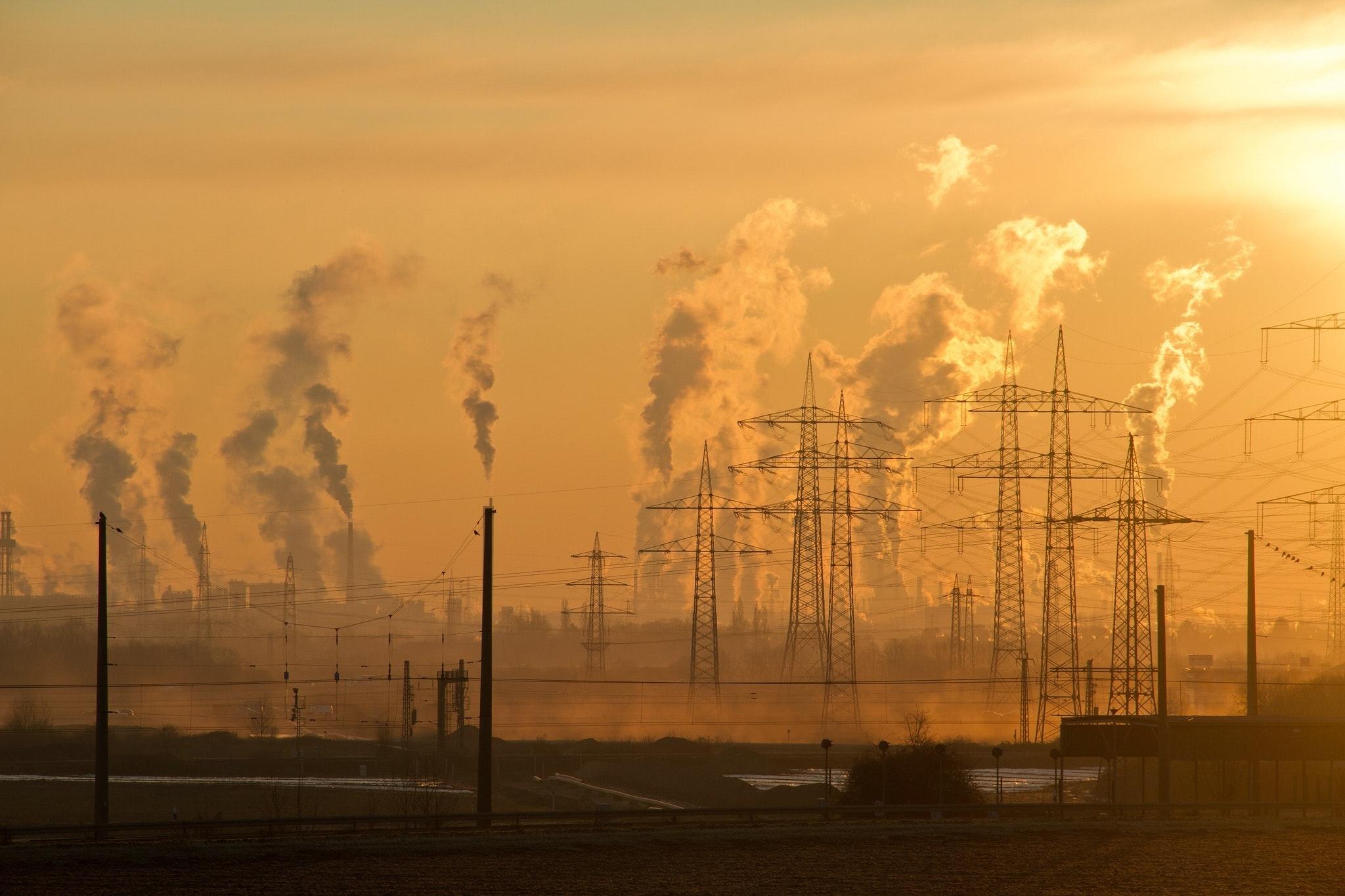
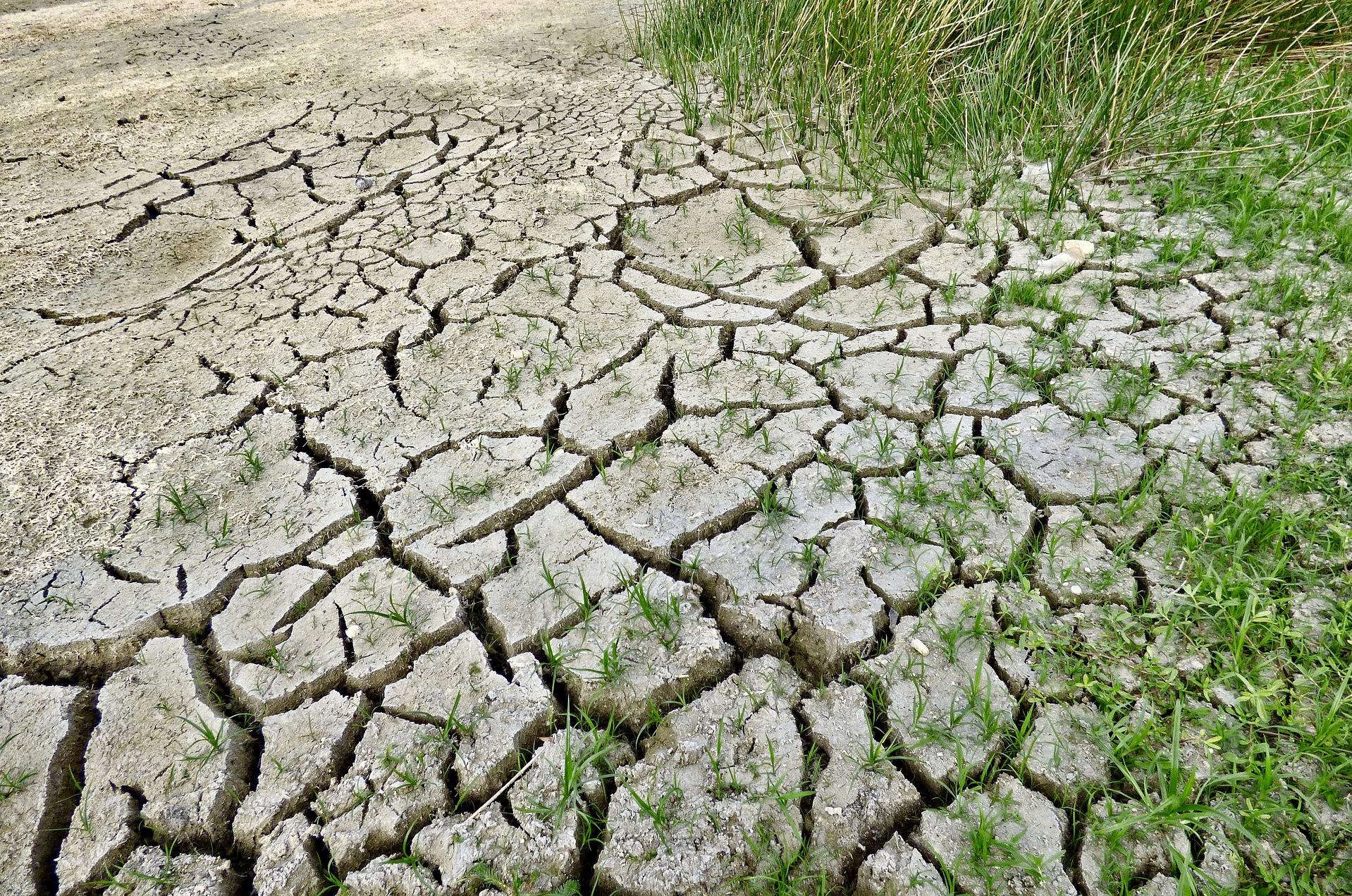
What to do to increase climate-friendly behaviour and to take on responsibility for your environmental consequences?
There are many ways to contribute towards environmental protection.
You could, for example, walk to the nearest market on foot, buy coffee beans instead of capsules, go to work using public transport or by bike, or spend a relaxing holiday at an organic hotel.
The thought that "my little contribution" will make no difference is no excuse as there are numerous opportunities to preserve earth's resources.
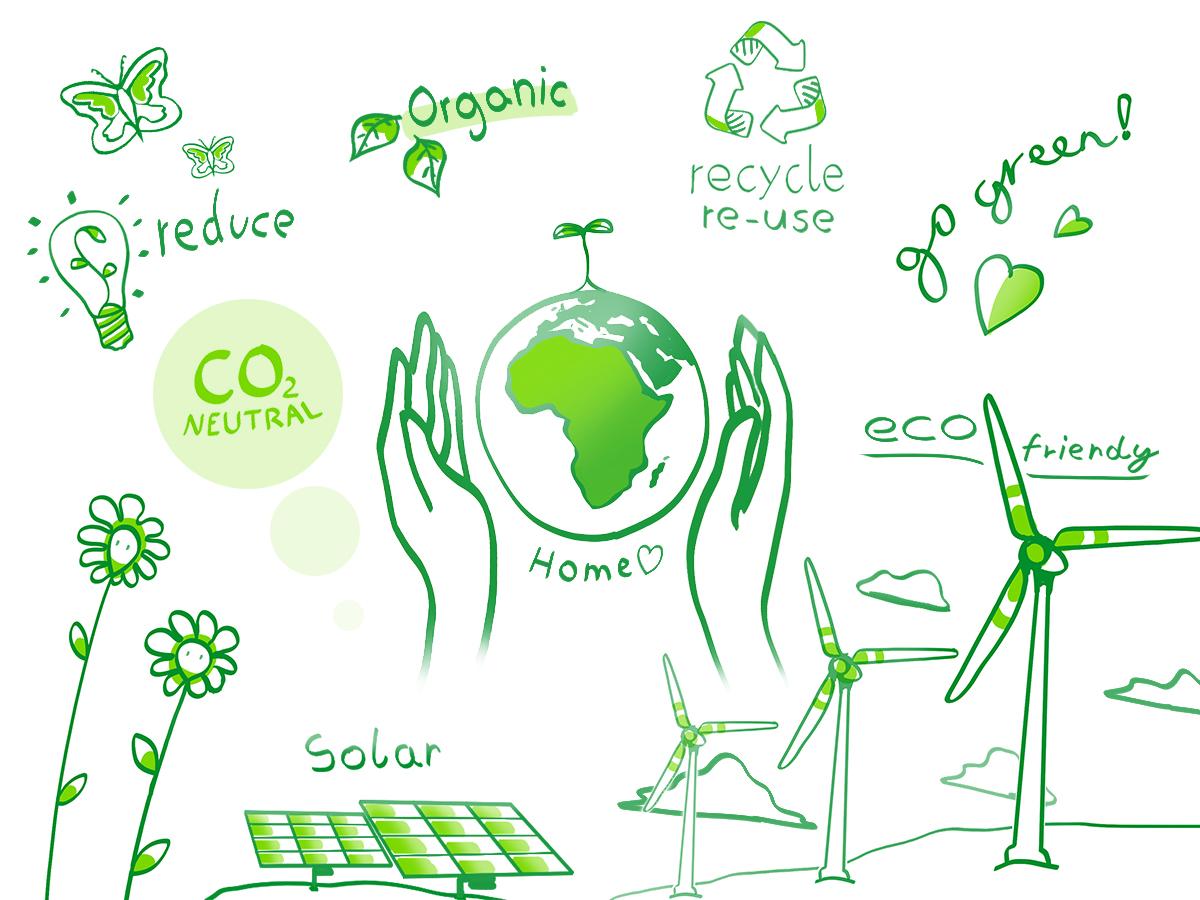
Together, many small contributions towards environmental protection allow for the preservation of our invaluable planet and its resources.
Compensate where you cannot reduce
An environmentally conscious lifestyle can lead to a reduction of your ecological footprint. In certain cases, in which an environmentally conscious lifestyle cannot be integrated into your daily life, you can compensate for your ecological footprint. Simply make a financial contribution with which a piece of nature and its balance will be restored.
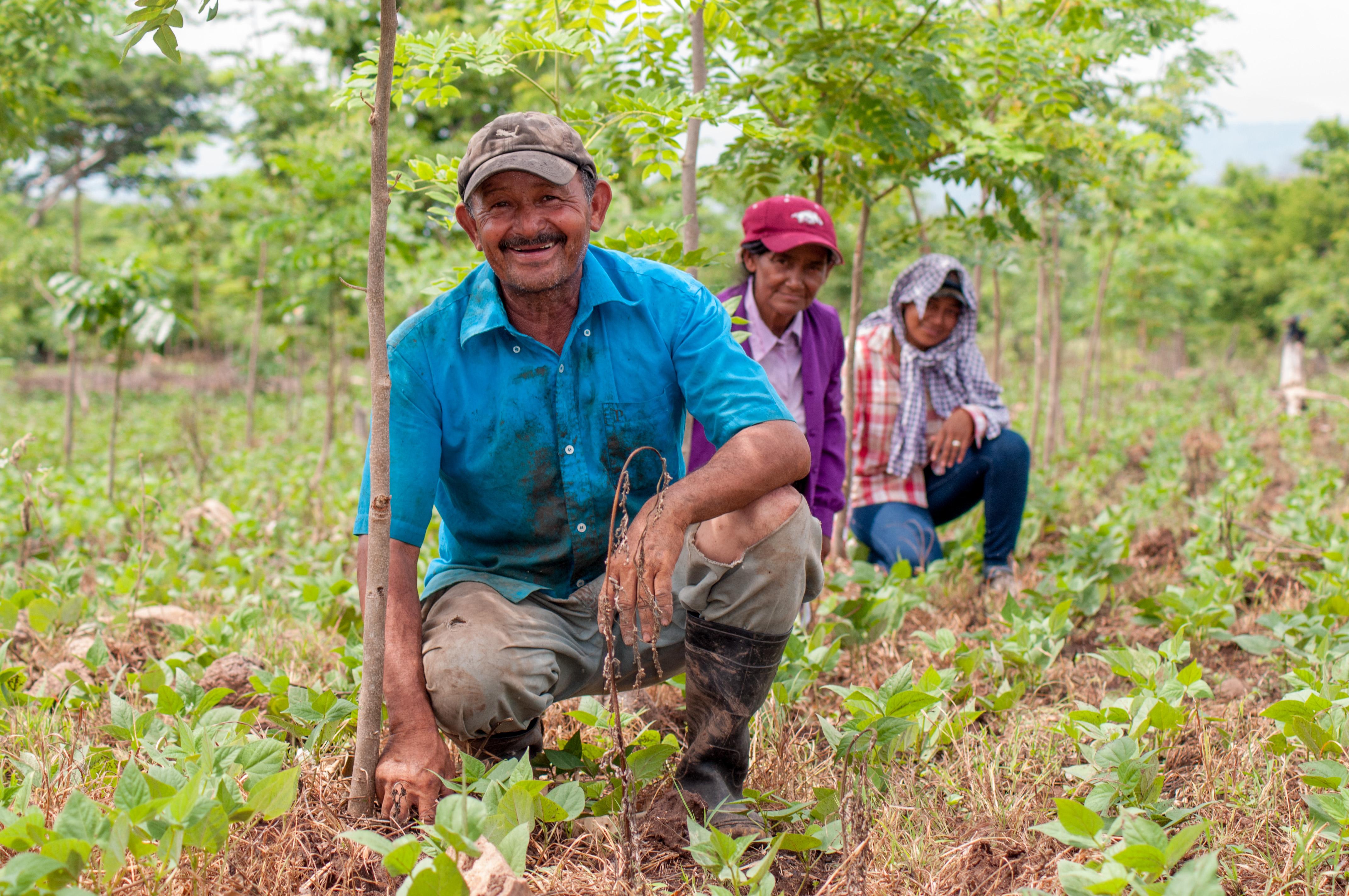
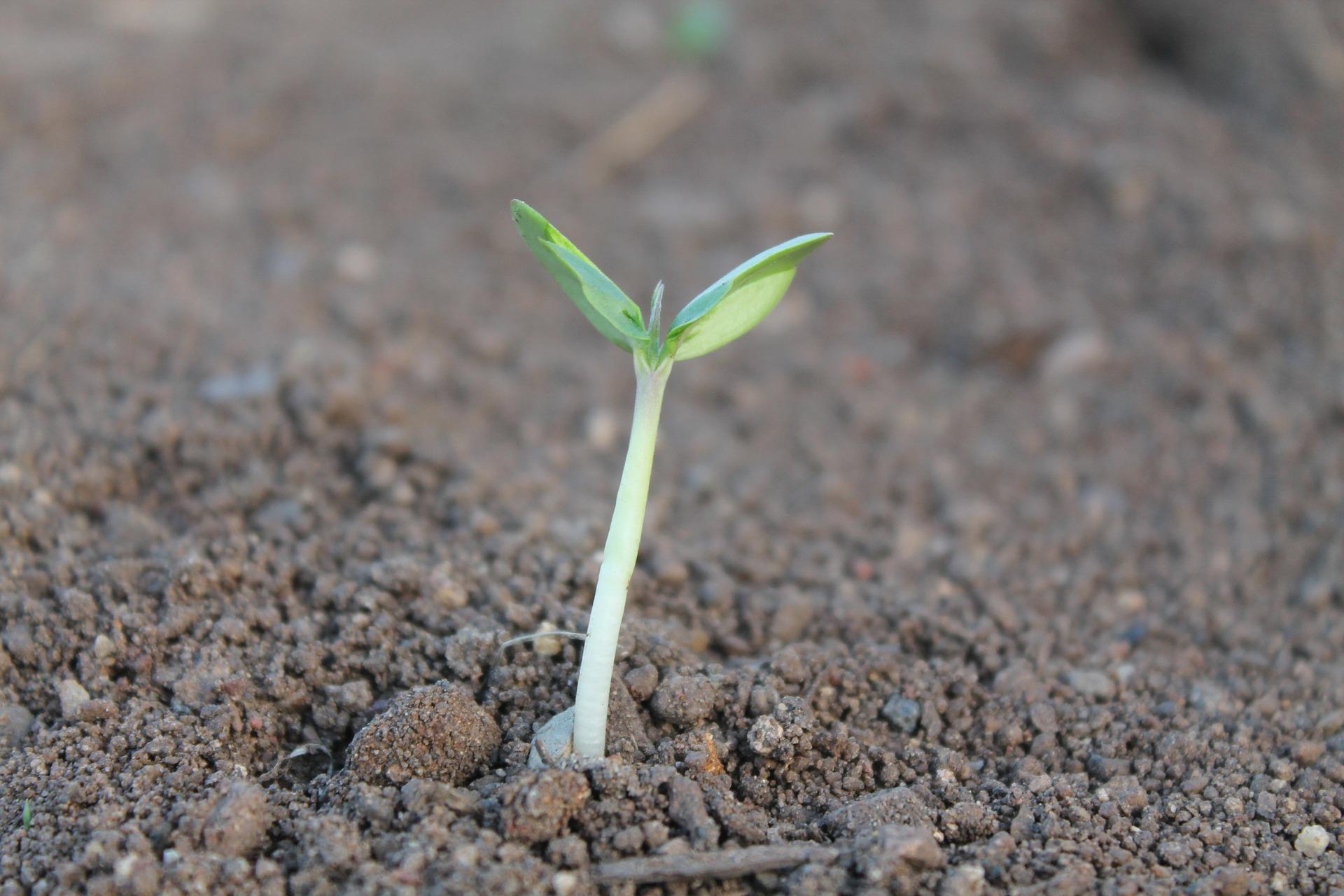
Plant a sapling and let it grow – compensation through reforestation
The Greenfinity Foundation has been supporting reforestation projects since 2017. Currently, the support focuses on a reforestation project in the Araguaia Biodiversity Corridor in Brazil and an awareness raising and reforestation project in Hungary.
Trees play a key role in the process whereby CO2 is converted into oxygen. The presence of too much carbon dioxide in the atmosphere is causing climate change.
Furthermore, reforestation creates new habitats for flora and fauna and restores biodiversity.
Reforestation projects help nature to regenerate, so to speak, and give her a sort of energy source, with which she is better able to withstand the environmental damage caused by humans.


